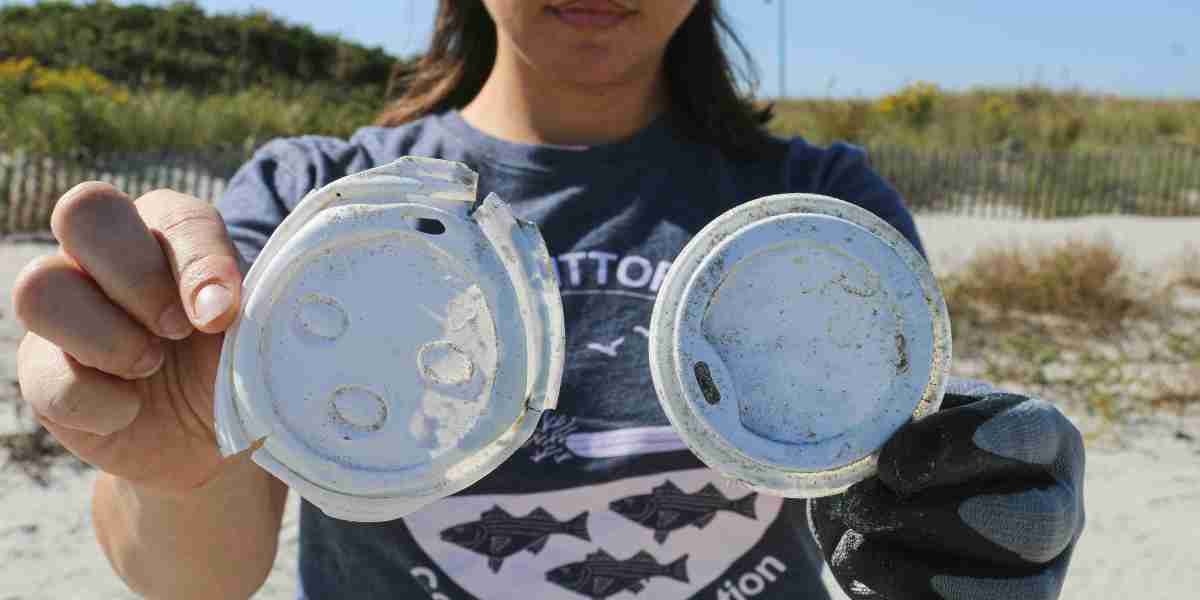If you’re planning to get dental implants, one common question is, what is the healing time for dental implants? Understanding the healing process helps set realistic expectations and ensures you follow the right care protocols to support successful integration of the Dental implants. Healing time can vary based on individual factors and the complexity of the procedure.
The Initial Healing Phase: First Few Days
Right after the dental implant surgery, your body begins its natural healing process. The initial phase focuses on soft tissue recovery and managing any immediate discomfort.
Mild pain and swelling are common for 2 to 3 days
Minor bleeding or oozing might occur within the first 24 hours
Use prescribed painkillers and cold compresses to reduce swelling
Soft foods and rest are recommended to protect the surgical site
Avoid smoking and alcohol to prevent delayed healing
This phase is critical for setting the stage for bone healing underneath.
Osseointegration: Bone Healing and Implant Stability
The most important healing milestone for dental implants is osseointegration, the process where the jawbone grows around and bonds with the titanium implant.
Typically takes 3 to 6 months depending on bone quality and location
Upper jaw implants may take longer due to softer bone density
Osseointegration ensures the implant is securely anchored for long-term function
Smoking, poor oral hygiene, or systemic health issues can prolong this phase
Your dentist may place a temporary crown or healing cap during this period
Proper care and avoiding excessive pressure on the implant during osseointegration are crucial.
Factors That Affect Healing Time:
Healing time for dental implants is not the same for everyone; several factors influence how quickly you recover.
Bone quality and density: Denser bone heals faster
Location of the implant: Front teeth generally heal quicker than molars
Overall health: Conditions like diabetes or autoimmune diseases can slow healing
Lifestyle habits: Smoking and poor nutrition delay recovery
Surgical technique: Minimally invasive approaches reduce trauma and speed healing
Your dentist will evaluate these factors to provide a personalized healing timeline.
Post-Operative Care to Promote Healing:
Following your dentist’s instructions after implant surgery is essential to optimize healing time and reduce complications.
Maintain gentle oral hygiene without disturbing the surgical site
Rinse with warm salt water to reduce bacteria and inflammation
Avoid strenuous exercise or heavy lifting for at least a week
Stick to a soft diet and avoid hard, crunchy, or sticky foods
Attend all scheduled follow-up visits for professional monitoring
Consistent post-op care significantly improves outcomes and may shorten healing time.
When Is the Implant Ready for the Final Restoration?
After successful healing and osseointegration, the Dental implants Treatment is ready to support the final crown, bridge, or denture.
This usually occurs between 3 to 6 months post-surgery
Your dentist will assess implant stability through clinical and radiographic exams
Any necessary impressions are taken to fabricate the custom restoration
Final restorations restore full function and aesthetics
Regular maintenance and care are needed to ensure longevity
Delaying the final restoration until healing is complete helps prevent implant failure.
Signs of Complications and When to Seek Help:
While healing generally proceeds smoothly, recognizing potential problems early can save your implant.
Persistent or increasing pain beyond the first week
Swelling that worsens or doesn’t subside after a few days
Continuous bleeding or discharge from the implant site
Loosening of the implant or mobility after initial healing
Signs of infection such as fever, foul odor, or pus
Contact your dentist promptly if you experience any of these symptoms to receive timely care.
In conclusion, what is the healing time for dental implants? Healing typically spans from a few days of soft tissue recovery to 3–6 months for full osseointegration. Individual factors and proper care influence this timeline, so close communication with your dental provider is essential for a successful outcome. With patience and attention to post-operative instructions, dental implants can provide a strong, lasting foundation for restoring your smile.



